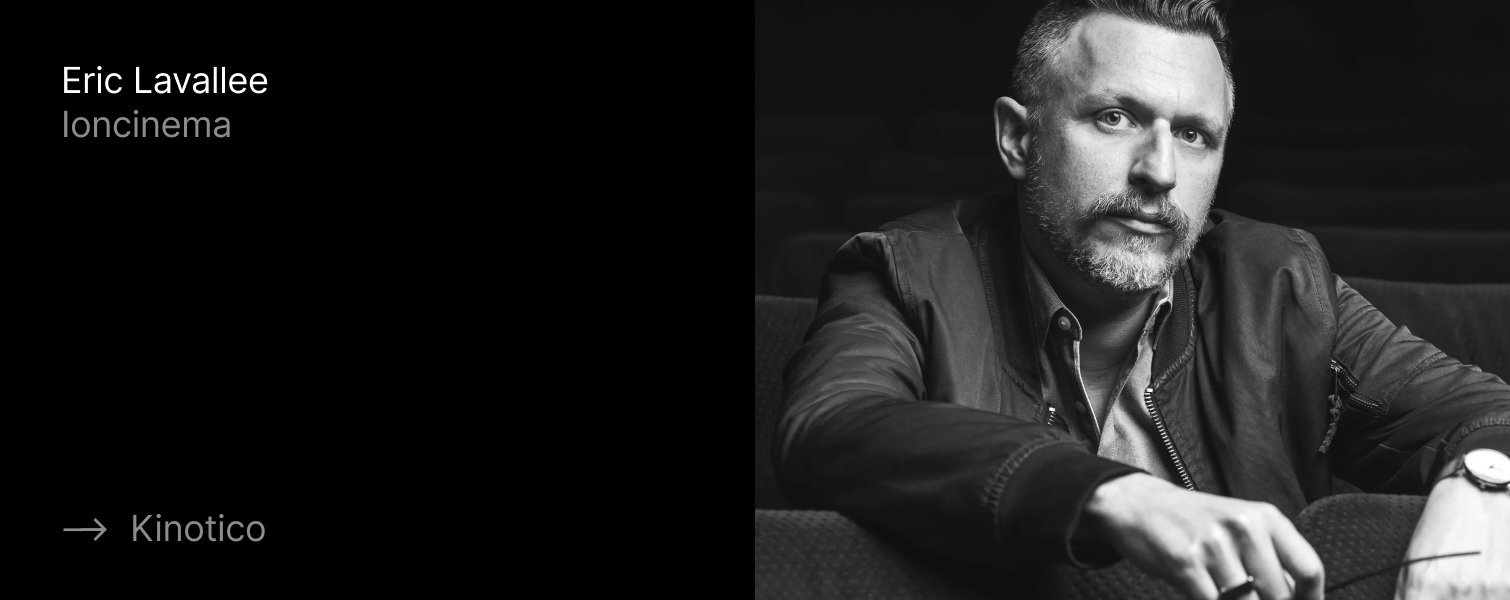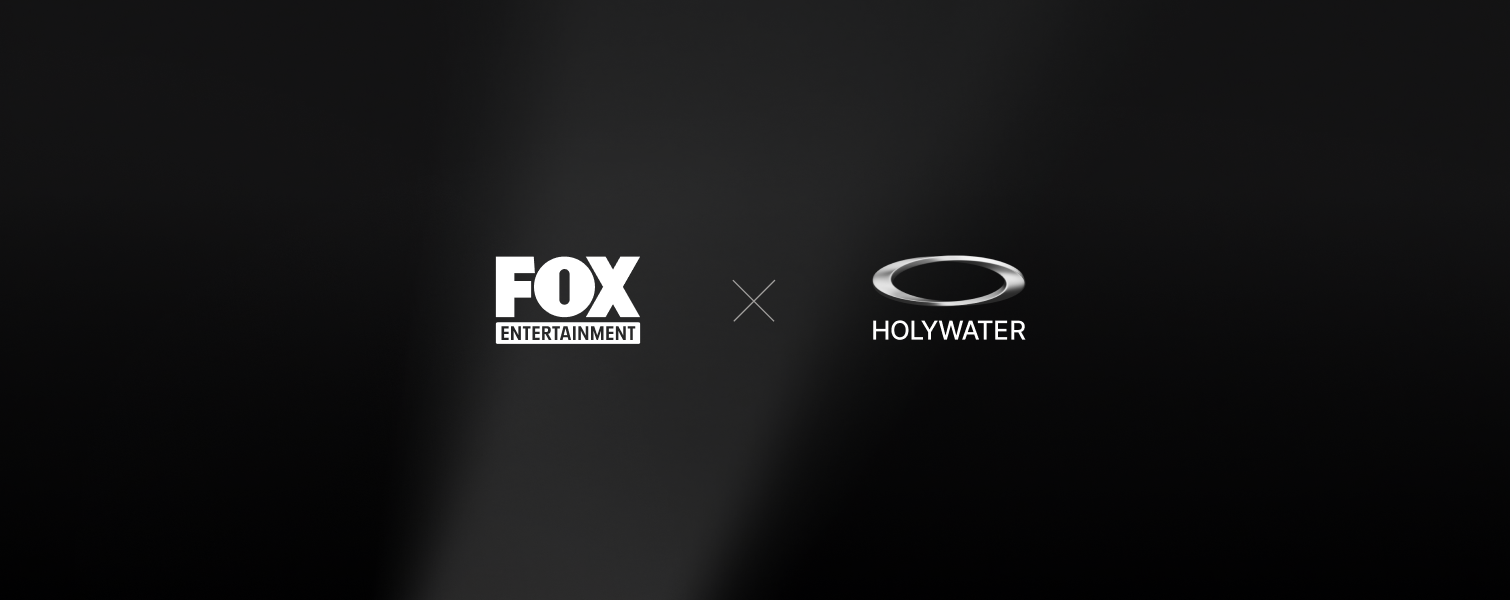Valdone Rudenkiene, Tie2.lt
Well, normally you can say something is good or bad, yes or no — but in this case, I think it's more complex. There are many advantages to using AI in cinema, but also some disadvantages. It really depends. Cinema is already using AI very intensively — as is every other field. Personally, I prefer more traditional, classic filmmaking. I'm not so much into technology myself, but I understand that it's coming whether we like it or not. Just like we couldn’t avoid Google years ago — it changed our lives — AI is now entering every sphere, including cinema. I believe AI can improve filmmaking, though it also brings certain risks.
Speaking of that, have you heard about the case with The Brutalist? Maybe AI was a helper there, especially considering the budget wasn’t very large. So perhaps AI helped fill some of those gaps — when you have a big vision but limited resources, technology can step in.

Lukasz Mankowski, ONET.pl
AI isn’t inherently bad — it’s a tool that can be helpful, especially for handling repetitive or exhausting tasks in filmmaking. It can save time and energy, and for truly creative minds, it might even enhance artistic work, just as past technologies have.
The real concern is over-reliance: if filmmakers stop challenging themselves and use AI as a shortcut, creativity could suffer. But thoughtful use — like Jia Zhangke’s integration of AI into editing Caught by the Tides — shows its potential when tied to clear artistic intent.
What’s troubling is using AI to replace actors or alter performances, like digitally recreating accents or deceased performers. These choices risk turning genuine performances into soulless fabrications, and often reflect laziness rather than innovation.

Felix Dobaire, La Perche (podcast)
I see AI as just another filmmaking tool, like VFX — not revolutionary, but useful. We’ve used similar tech for decades. Big studios may use it to cut costs, risking jobs and creativity, but for young filmmakers, it opens exciting possibilities on smaller budgets. Personally, I’m optimistic — it could spark a creative boom.
Still, a film made entirely with AI feels empty. Cinema needs human vision and real images. Using AI to enhance footage is helpful, but fully AI-generated films lack depth and emotional resonance.
I admire Harmony Korine’s recent work — especially Aggro Dr1ft and Baby Invasion. He starts with real images and then transforms them through AI, creating something surreal yet grounded. That blend of reality and digital manipulation captures the strange texture of modern life. It's this kind of experimental, human-centered use of AI that truly excites me.

Matias G Rebolledo, Kinotico
Well, it's a tool — but I think it's becoming a bad one because it’s not being used properly. The main issue is generative AI, which I see as problematic, since it often relies on resources that were essentially stolen from artists. So, no, I don’t think generative AI is a positive development. That said, there’s still space for creators to use AI in constructive ways. For example, in the industry, it could help with scheduling, optimizing budgets, or planning shoots more efficiently. From a production standpoint, it can be a useful tool — if applied responsibly.
I think if AI is used purely as a tool for experimentation — to push the boundaries of what cinema can be — then sure, it can have artistic value. It might even help expand our understanding of what film is. But if it’s used purely for commercial gain, or if filmmakers go “all in” on AI, I don’t see a sustainable or meaningful future for that approach. I can’t imagine something like that competing seriously in a major festival’s official selection.

Eric Lavallee, Ioncinema
Honestly, if I had to start everything from scratch, I would put all my focus on TikTok — doing reviews, interviews, and festival coverage there. And what I think about films made entirely by AI? Well, in that case, it’s not really a film anymore, is it? It becomes something else entirely. At that point, it’s more like a project — or just content. It’s no longer cinema in the traditional sense. It’s an AI-generated film — a different category altogether.










.png)


